The U.S. Supreme Court recently upended decades of hard-fought progress by ruling that the race-conscious admissions policies used by many colleges and universities to enhance the diversity of their student bodies and to improve educational access violated the Constitution’s Equal Protection Clause. The Students for Fair Admissions, Inc. v. Harvard ruling effectively bans consideration of race in developing tools at the college level to address educational inequities. Without doubt, the consequences of this decision will be felt most by those who have been and continue to be disadvantaged by the racial inequities that are woven into the fabric of this country. To pretend otherwise is not colorblindness, as the majority of the Supreme Court suggests, but willful blindness. As so aptly noted by Justice Ketanji Brown Jackson in her dissent,
Gulf-sized race-based gaps exist with respect to the health, wealth, and well-being of American citizens. They were created in the distant past, but have indisputably been passed down to the present day through the generations. Every moment these gaps persist is a moment in which this great country falls short of actualizing one of its foundational principles —the “self-evident” truth that all of us are created equal. . . .
The only way out of this morass—for all of us—is to stare at racial disparity unblinkingly, and then do what evidence and experts tell us is required to level the playing field and march forward together, collectively striving to achieve true equality for all Americans. It is no s.mall irony that the judgment the majority hands down today will forestall the end of race-based disparities in this country, making the colorblind world the majority wistfully touts much more difficult to accomplish.
Our family has greatly benefitted from the privilege of having access to educational opportunities – opportunities that we know are not universally accessible to all. We reject the supposition that race should be irrelevant in correcting the persistent inequities of today, which are directly attributable to centuries of racial discrimination. Therefore, we want to assure our community partners that we remain committed to racial equity in education in the following ways:
- We will seek to understand the impacts of this decision within our community by listening to the concerns of our community partners, leaders, educators, and students and by continuing to encourage our educational partners to disaggregate student data by race so that disparities in opportunities and outcomes can be identified and addressed.
- We will invest in efforts to eliminate racial inequities and close gaps in educational attainment from early childhood through post-secondary education.
- We will pursue partnerships focused on advocacy, coalition building, and leadership development related to educational equity.
- We will support our partners already doing this work by standing in solidarity with them, providing access to our networks, and building community capacity for broader impact.
- We will work collaboratively with local, regional, and national philanthropic entities to advance the cause of educational equity.
The just, compassionate, and vibrant community to which we aspire cannot be realized without an educational system that provides the support, methods, and means for every student to thrive. While the Supreme Court’s decision frustrates fruitful efforts in leveling the playing field for college admissions, it highlights the importance of redoubling our efforts and commitment to making sure there are equitable and accessible educational opportunities for Black, Brown, and Indigenous students. The Jolley Foundation remains steadfast in its commitment to educational equity. We are hopeful that together we can create real, meaningful opportunities for the educational success of those who have been denied for far too long.
— The Jolley Foundation

